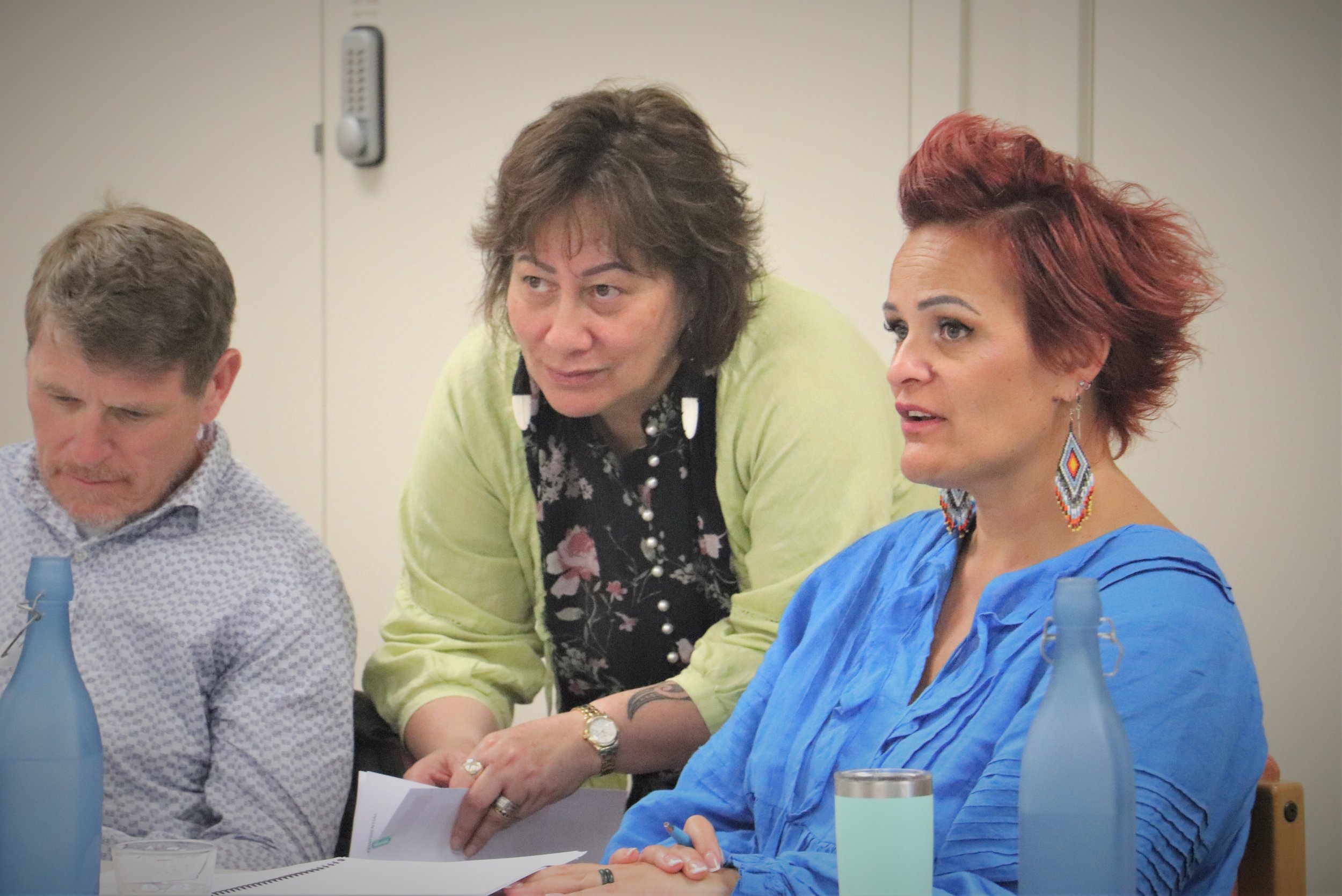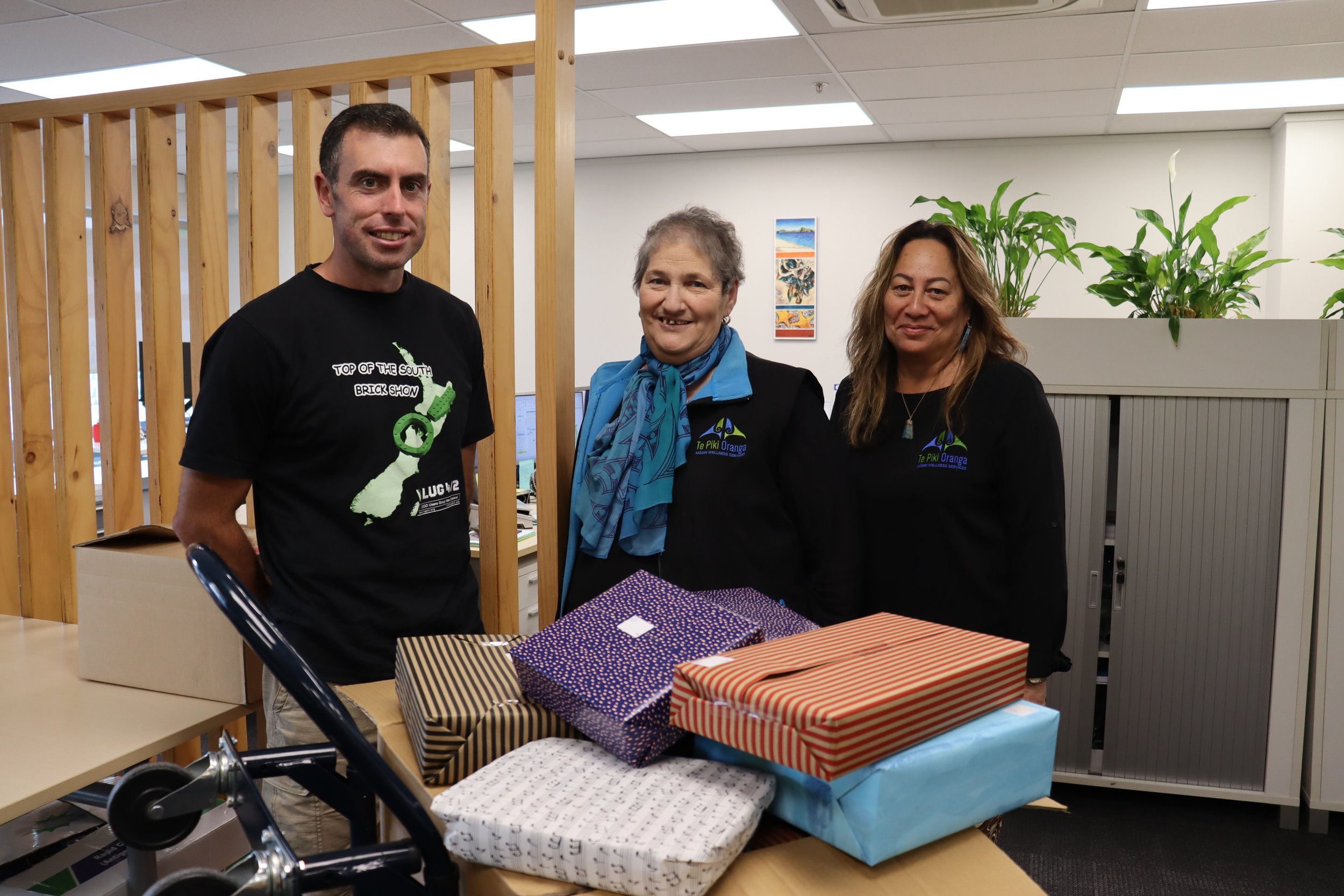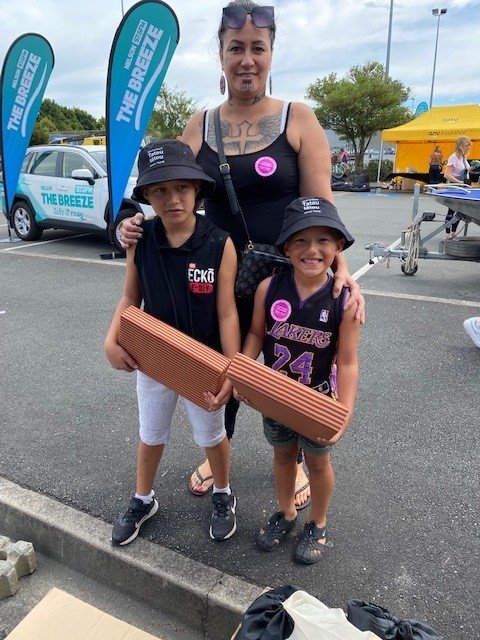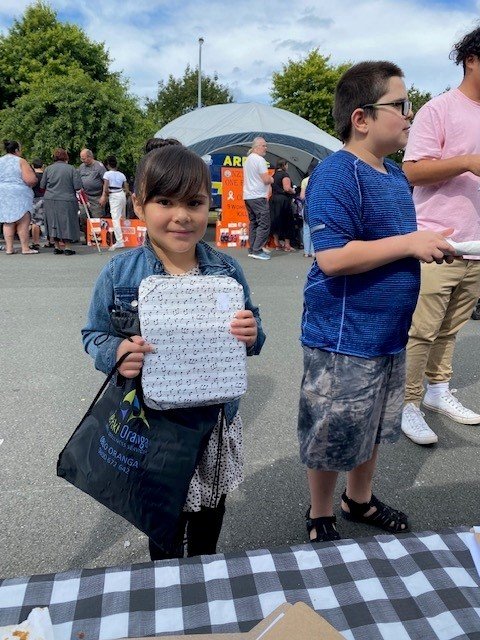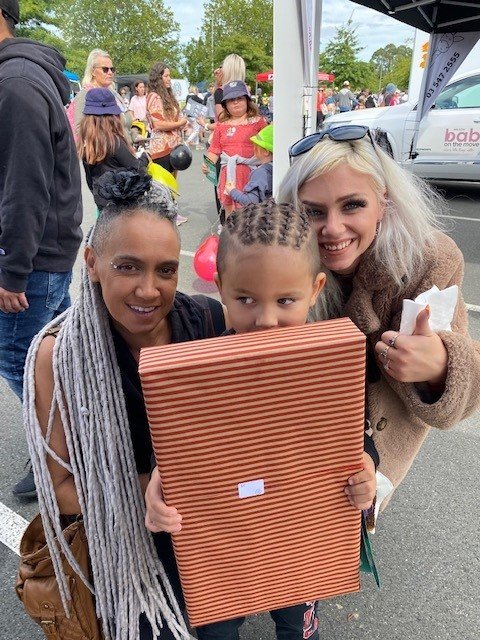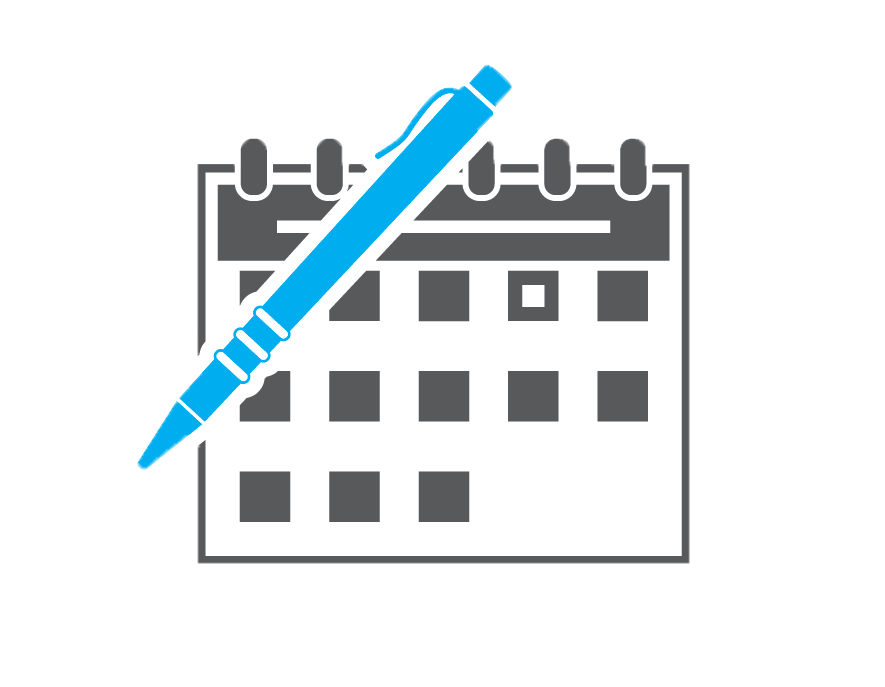Te Piki Oranga kaimahi support community events to share health information and connect with whānau.
Here are some of the events we supported in March 2025.
Kia ora – E te iwi Cancer Education and Prevention Hauora Expo
8 March at the Victory Community Centre in Whakatū / Nelson
Organised by the Cancer Society Te Kāhui Matepukupuku a Aotearoa
Featuring presentations and kaimahi from Te Piki Oranga, Nelson Bays Primary Health, Health NZ Te Whatu Ora, Pacific Radiology, Te Waka Hauora and the Prostate Cancer Foundation of NZ.
Te PIki Oranga Ratonga Pukupuku Manaaki / Cancer Care Services represented at the expo. The kaupapa of Ratonga Pukupuku Manaaki is to support whānau affected by cancer and to improve the quality of their lives.
Read about Ratonga Pukupuku Manaaki / Cancer Care Services
Mauri Ora – Every Life Matters Hīkoi (for mental health and suicide awareness)
8 March at Rutherford Park in Whakatū / Nelson
Organised by Maataa Waka ki te Tau Ihu
Supported by Te Piki Oranga, Maataa Waka Ki te Tau Ihu, Nelson City Council, Health New Zealand Te Whatu Ora, Kia Piki Te Ora, the Heart Foundation, Pathways, Te Korowai Trust, Nelson Bays Primary Health, Māori Women’s Welfare League, Red Cross, Employable NZ, NZ Fire Service and many more.
The day highlighted community connectivity and the need for more support in mental health and suicide prevention services.
Te Piki Oranga kaimahi Lauren Sainty works in the Te Ata Pūao team (mental health services) in Whakatū. She attened the hīkoi, and reported:
‘My involvement in the event was truly impactful! Engaging with various organisations and gaining a clearer understanding of their roles in the community was a valuable experience. We were able to distribute information about Te Piki Oranga’s mental health services and even receive referrals, highlighting the importance of our presence.
“The stories from guest speakers' Rutu King-Hazel and Dee Keefe were clearly powerful and thought-provoking, bringing depth to the conversation around suicide awareness. The hikoi being such an emotional experience for many made it even more meaningful. The community spirit was evident, especially with the rangatahi performing kapa haka and the shared enjoyment of the sausage sizzle.
“Overall, our participation contributed to a day filled with connection, learning, and support’.”

















